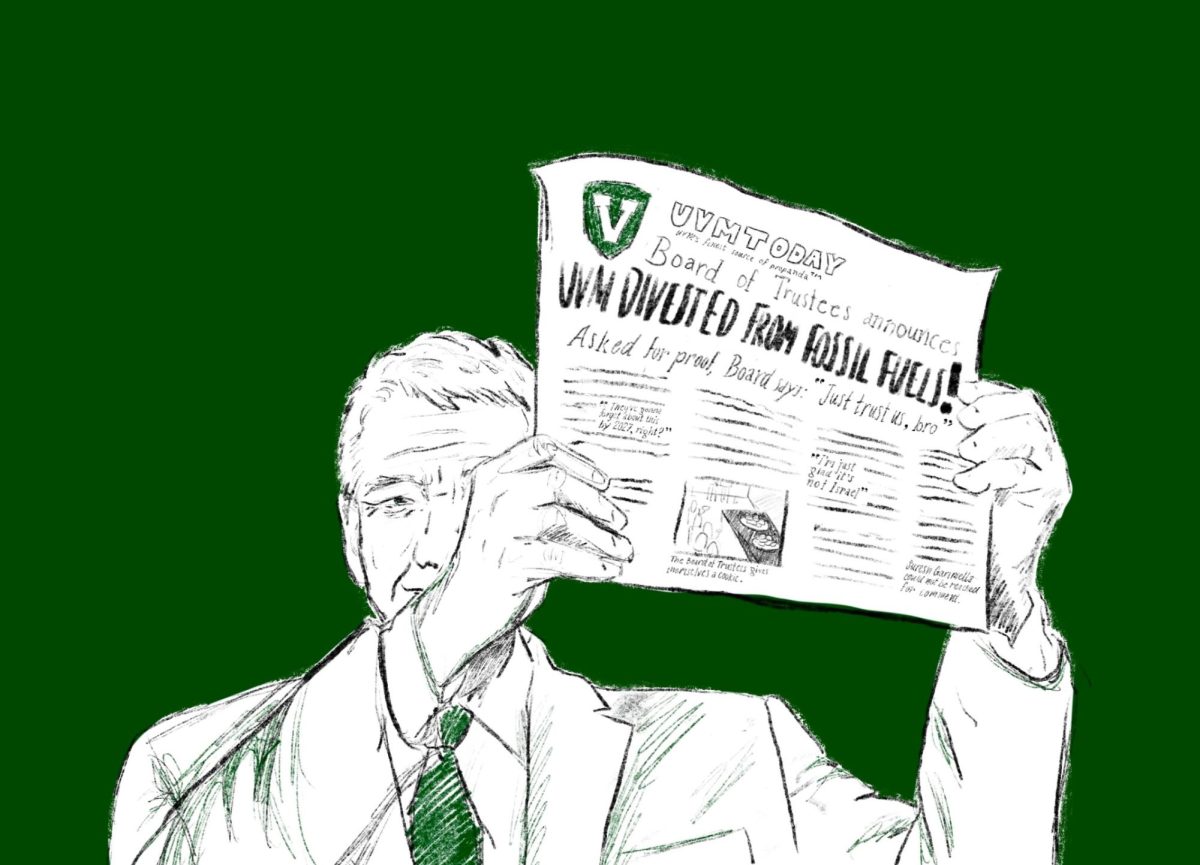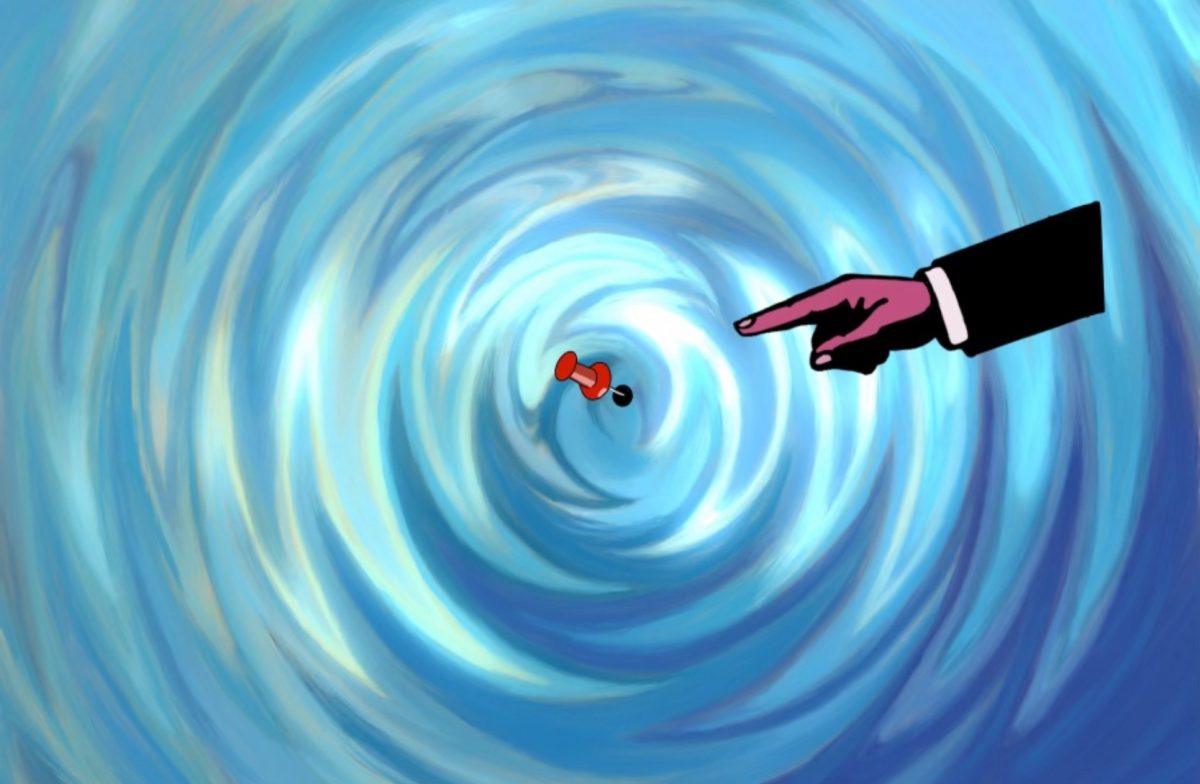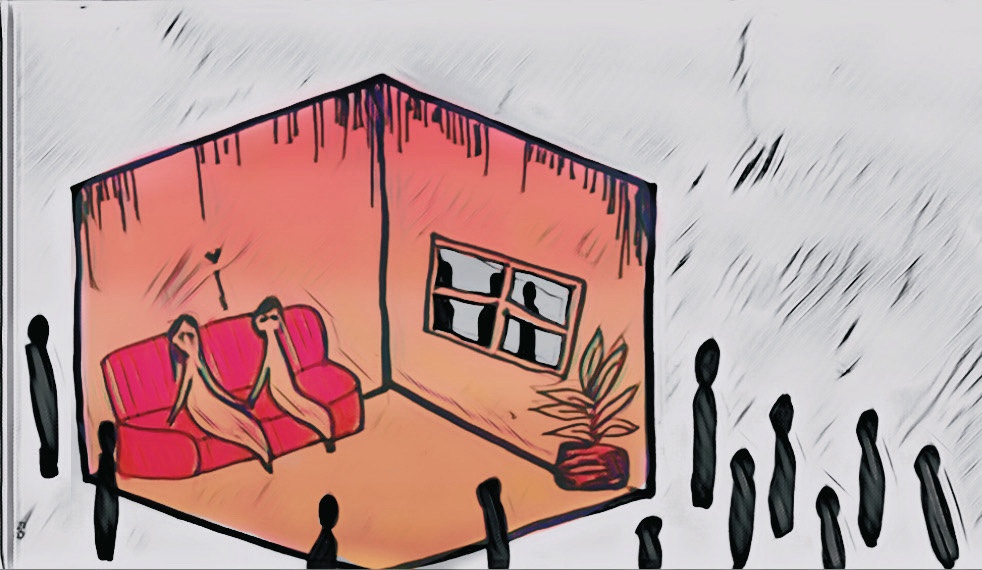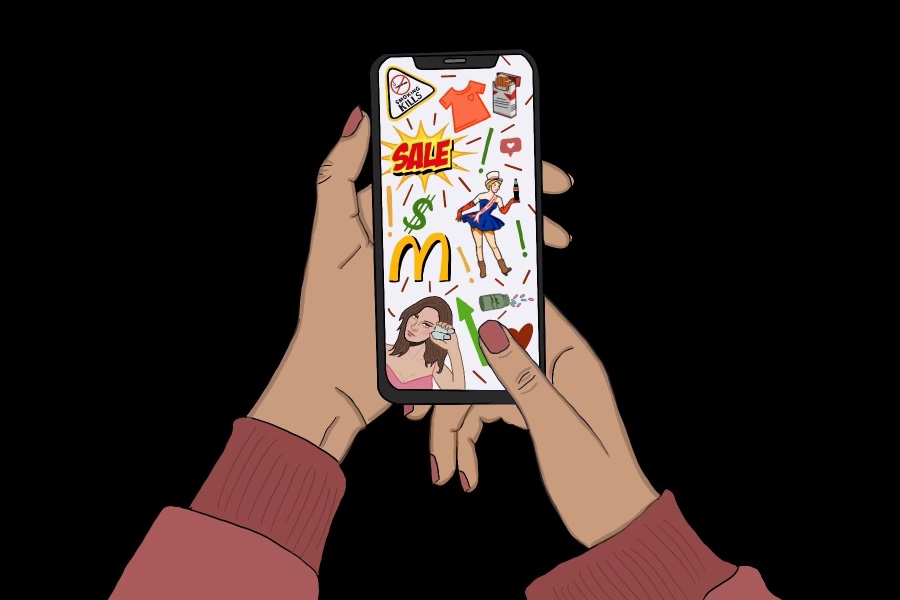A couple of weeks ago the Victoria’s Secret Fashion Show aired on television, and I am sure a large amount of girls around the world were plagued with animosity for these tall, thin, curvy women flaunting their assets.
Personally, I think our hatred is more related to the fact that so-called “beauty” is treated like a privilege instead of something that encourages patriarchy.
I say privilege because of all the things that pretty people have been proven to accomplish and gain. Attractiveness has been shown to affect teachers’ judgments of students, voter preferences for political candidates, jury judgments in trials and more.
Much like the many other privileges that exist in this world – male privilege, white privilege, heterosexual privilege and so on, there is a certain amount of privilege that goes along with being “conventionally” attractive, according to Western societal norms.
According to Kendall Clark, an avid researcher of feminism and beauty, it is a “right, advantage, or immunity granted to or enjoyed by conventionally attractive people beyond the common advantage of all others.”
This can subconsciously lead other people to grant these “conventionally attractive people” certain rights, immunities and benefits.
This appears to come into play with the stereotyped idea that feminism and beauty do not go hand in hand, which is not necessarily true.
This concept is closely linked to feminism because throughout history it has been a continuous goal of feminists to educate others about privilege and continuous discrimination in many aspects of daily life.
It isn’t a requirement to be an angry, man-hating, unattractive woman with hairy armpits. Feminism and beauty are totally compatible, and I think it’s our duty, whether I’m a hardcore feminist or not, to recognize this unjust method of scrutinizing appearances.
People need to be more understanding and intelligent about the societal norms we follow and step back from these personal size-ups.
People presume that all physically attractive people possess an overwhelming array of beautiful traits and characteristics, all solely based on their appearance.
Based on a study by Rebecca Puleo of Western Connecticut State University, “in our society people who are good-looking are assumed and expected to be better than the rest of the population.”
An individual’s physical attractiveness is an important social cue used by others as a basis for evaluation.
Yes, this means that while you’re being interviewed for a job, internship or college, you are being scrutinized all the way from your luscious brown hair to your manicured toes, girls.
As a result of this misinterpretation, Puleo’s research says it literally becomes “harder for average or unattractive people to be perceived as having positive traits.”
For years now, studies exploring this phenomenon have concluded that physically attractive individuals are expected to have greater personal success on most of their “life outcome dimensions,” which translates to virtually everything in life.
So – just to warn you – that lovely indicted murderer on trial may get away because her face may just be the perfect eye-candy society loves.







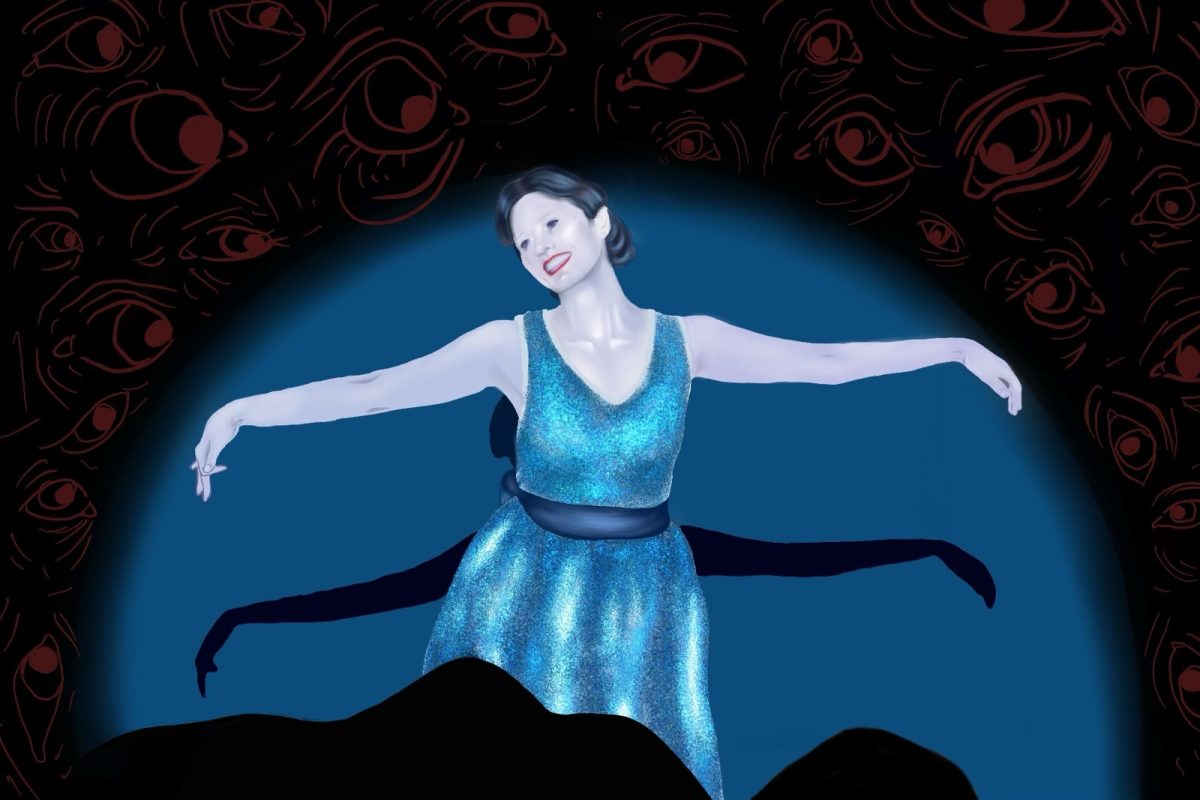
![Can’t buy me [self] love](https://vtcynic.com/wp-content/uploads/2024/04/self-care-FINAL-1200x796.jpg)
